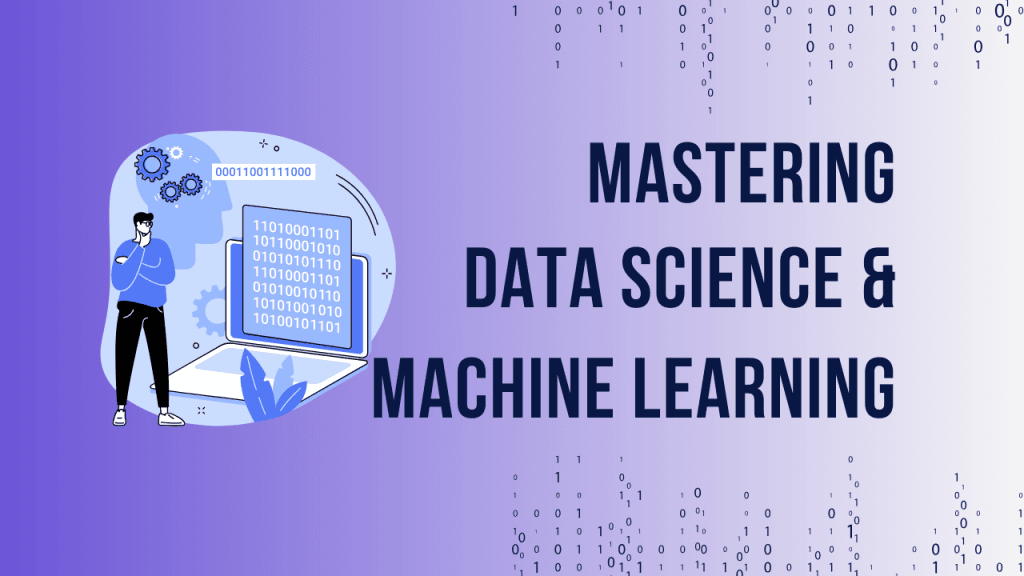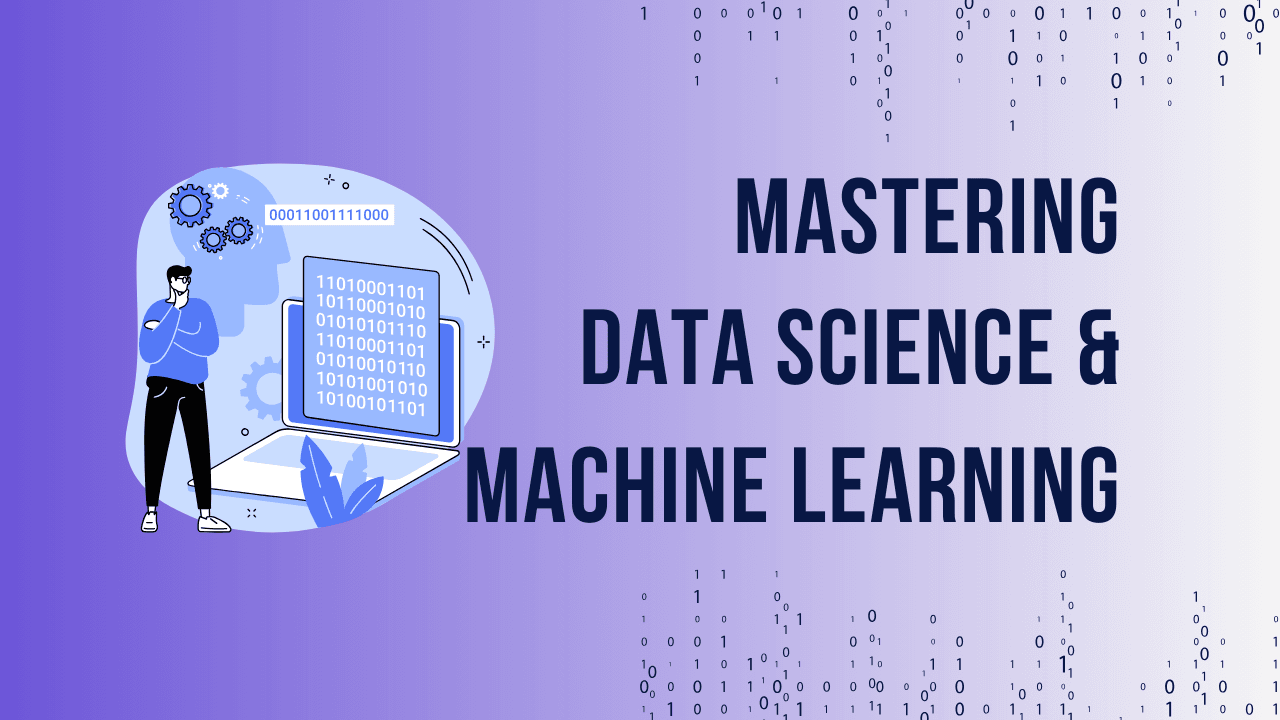AI has shown significant potential in searching for and synthesizing accurate answers. Nevertheless, there are several essential skills that AI cannot replicate, which remain uniquely human. As human beings, we are the product of millions of years of evolution. Traits that have contributed to our survival over hundreds of thousands of years include our curiosity, our instinct to verify, accountability as a hallmark of leadership, and our emotional responses. AI is merely a piece of code, developed by humans and trained on data mostly generated in recent decades. Let’s explore the key skills that are truly human and that we need to sharpen more than ever before
Inquisitive nature
One critical area where AI falls short is in posing relevant questions. In our blog “The power of inquiry: why questions outshine answers in the age of AI”, we discussed why the future winners will be those asking the relevant questions rather than possessing the right answers.
AI can process information and provide answers, but it lacks the intuitive ability to identify the core issues and formulate insightful questions. This is a deeply human trait, rooted in curiosity and a desire for deeper understanding. Humans excel at recognizing context, identifying gaps in knowledge, and formulating questions that drive meaningful inquiry.
Responsibility
Furthermore, AI needs human support to ensure accuracy and address ethical concerns. While AI can generate responses quickly, it lacks the nuanced judgment to verify the correctness of its outputs in all cases. A second line of defence for verification is becoming more crucial. That includes verificatio of the source of the information, as well as setting up the right test cases in case of generating code using AI.
The ethical dimensions of AI responses also require human oversight. Humans provide a crucial layer of scrutiny, ensuring that AI outputs are accurate, fair, and aligned with ethical principles.
Accountablity
Ultimately, accountability for any delivery, such as products or reports, rests with humans. AI cannot be held accountable as there is no existing legal framework for it, nor is one possible. Individuals willing to accept responsibility will be respected and valued by society. Being accountable necessitates a thorough understanding of the related technical, social, and economic issues.
Emotion
Another vital aspect that remains uniquely human is the ability to understand and respond to emotions. AI is yet to learn the intricate nuances of human emotions. Humans possess emotional intelligence that allows them to connect with others on a deeper level, understand emotional cues, and provide empathy. We know the intended readers and can understand the emotional reactions based on reading the AI-generated articles, adjusting as needed. This emotional connection is indispensable in fields such as communication, where understanding and responding to emotions is paramount.
In conclusion, while AI brings powerful capabilities to the table, it is not a replacement for human intellect and emotional depth. The skills of asking relevant questions, ensuring accuracy and ethical considerations, and understanding emotions are the skills that will remain invaluable.
Unlock Your Data Science & ML Potential with Python
Join our hands-on courses and gain real-world skills with expert guidance. Get lifetime access, personalized support, and work on exciting projects.


Unlock Your Data Science & ML Potential with Python
Join our hands-on courses and gain real-world skills with expert guidance. Get lifetime access, personalized support, and work on exciting projects.


